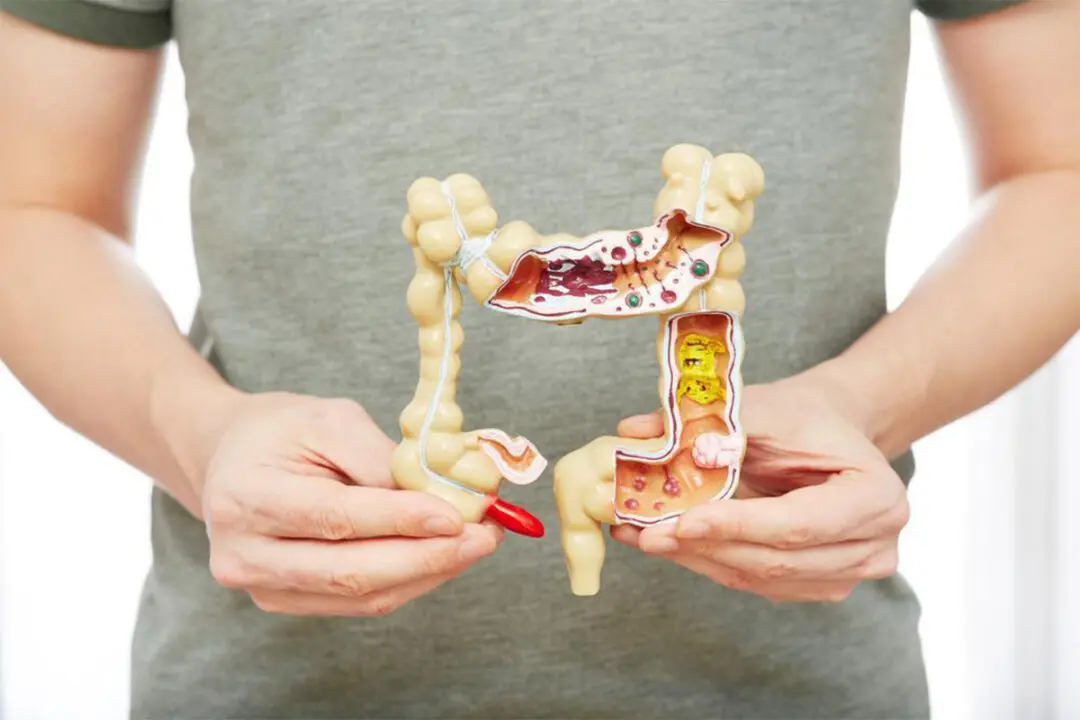According to research, a daily habit cultivated regularly can potentially increase the length and quality of life as well as lower risk of death from cardiovascular disease and cancer—the habit is simply getting a good night’s sleep.
In a study, the research team analyzed data from 172,321 individuals who took part in the National Health Interview Survey between 2013 and 2018, which is conducted by the U.S. Centers for Disease Control and Prevention (CDC) annually. The study concluded that young people who observe more beneficial sleep habits are “incrementally less likely to die early,” said a Feb. 23 news release. In addition, the researchers attributed 8 percent of deaths from any cause to poor sleep patterns.





